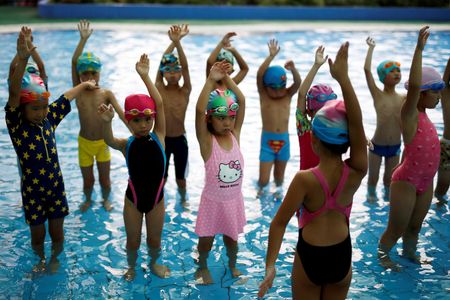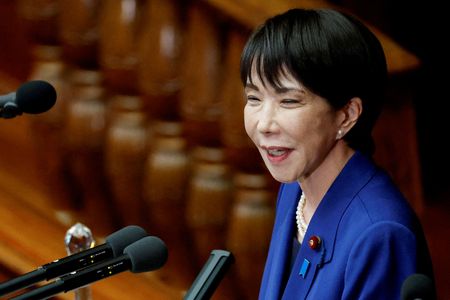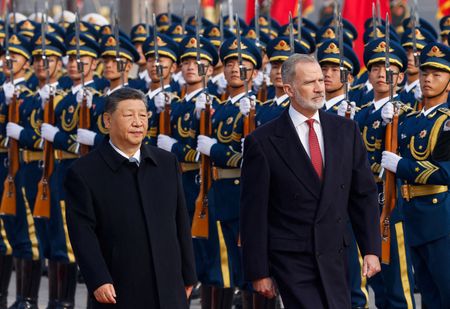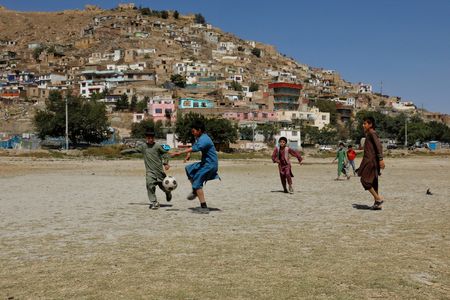HONG KONG (Reuters) -Chinese authorities have announced measures to improve the mental health of primary and secondary school students by reducing academic pressure, cutting screen time and mandating two hours of physical exercise daily.
The initiatives announced last month by the Ministry of Education include a classroom ban on mobile phones and a period of “screen-free” time to reduce excessive reliance on the internet.
Schools must “strictly control” the total amount of homework and offer “at least” two hours of physical activity for primary and secondary students every school day.
Schools are also encouraged to “ensure students get enough sleep” by arranging arrival and dismissal times in a “reasonable” manner and allowing for adequate lunch breaks.
“Strictly enforce sleep management regulations, resolutely curb violations such as excessive studying and prevent excessive academic burdens,” the ministry said in a statement announcing the measures.
The measures were intended to help students cope with stress and anxiety, particularly around exams.
Heavy homework loads are common in schools across China, leading to a lack of sleep and increased anxiety and depression, experts said.
In a separate notice also released in October, the Education Ministry said it was reducing workloads for teachers by limiting their out-of-school duties and preventing them from working on holidays and weekends.
China in 2021 passed an education law that sought to cut back on homework and banned after-school tutoring in core school subjects. However, many parents have continued to seek tutoring services to give their children a leg-up in China’s highly competitive education system.
(Reporting by Farah Master and the Shanghai newsroom; Editing by Stephen Coates)











